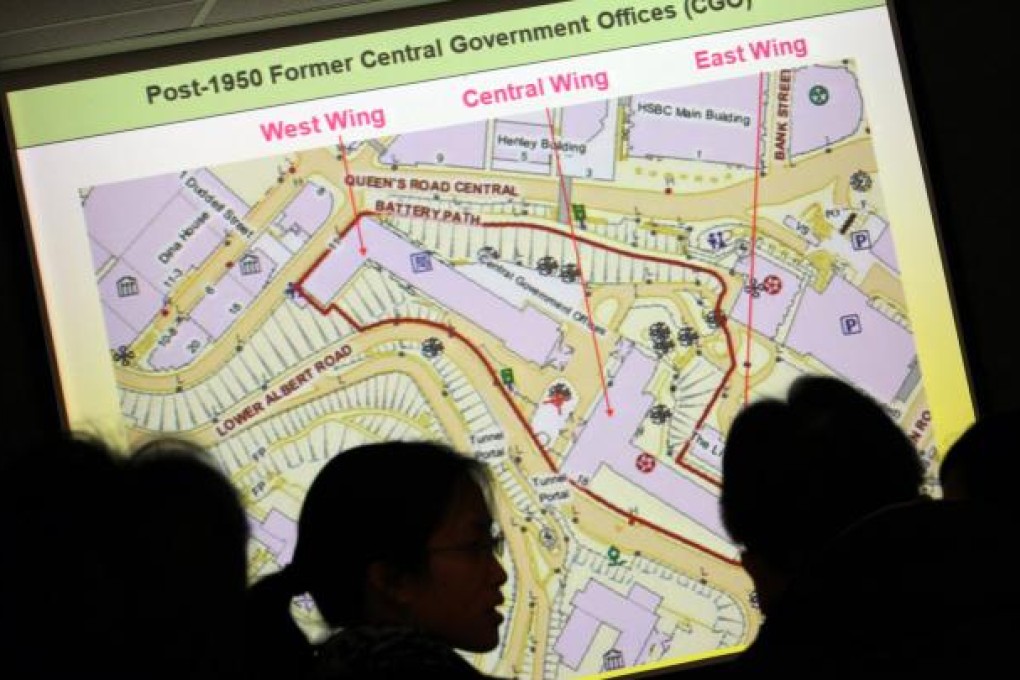Hong Kong needs review of historic building heritage policy
What is more sad than for a great city to lose its heritage bit by bit? Historic buildings and monuments, once demolished, are gone forever. That is why world cities steeped in history and culture have long embraced heritage conservation. A city that turns its back on its past loses its soul and character.

What is more sad than for a great city to lose its heritage bit by bit? Historic buildings and monuments, once demolished, are gone forever. That is why world cities steeped in history and culture have long embraced heritage conservation. A city that turns its back on its past loses its soul and character.
Thankfully, Hong Kong joined the heritage conservation movement following a belated wake-up call a few years ago. Although most of the majestic colonial buildings that once lined the shore of Victoria Harbour have long gone, experts say some 1,444 buildings are still worthy of protection to some extent. The figures may sound impressive for a tiny city with just a brief colonial history. But against a backdrop of tens of thousands of buildings around the city, the numbers are indeed woefully small. They warrant better efforts at preservation for our future generations.
Regrettably, the present regime does not necessarily save our historic buildings from the wrecking ball. Unless they deserve the top status as a declared monument, the 1,444 buildings can still be flattened even if they are graded as having some sort of heritage value. Members of the Antiquities Advisory Board were told that 26 of the graded buildings have actually been knocked down or substantially altered. The news is a sad reminder that the fate of our heritage buildings is still left to the whims of their owners. The lack of protection makes an effective conservation mechanism all the more important. A policy review is needed.
The city's lack of space and strong appetite for development means old buildings are constantly under the threat of demolition. While there are no qualms about the need to pursue development, conservation is no less important. Whether our future generations can still possess anything they proudly call heritage depends on how well we strike the balance between the two today.
